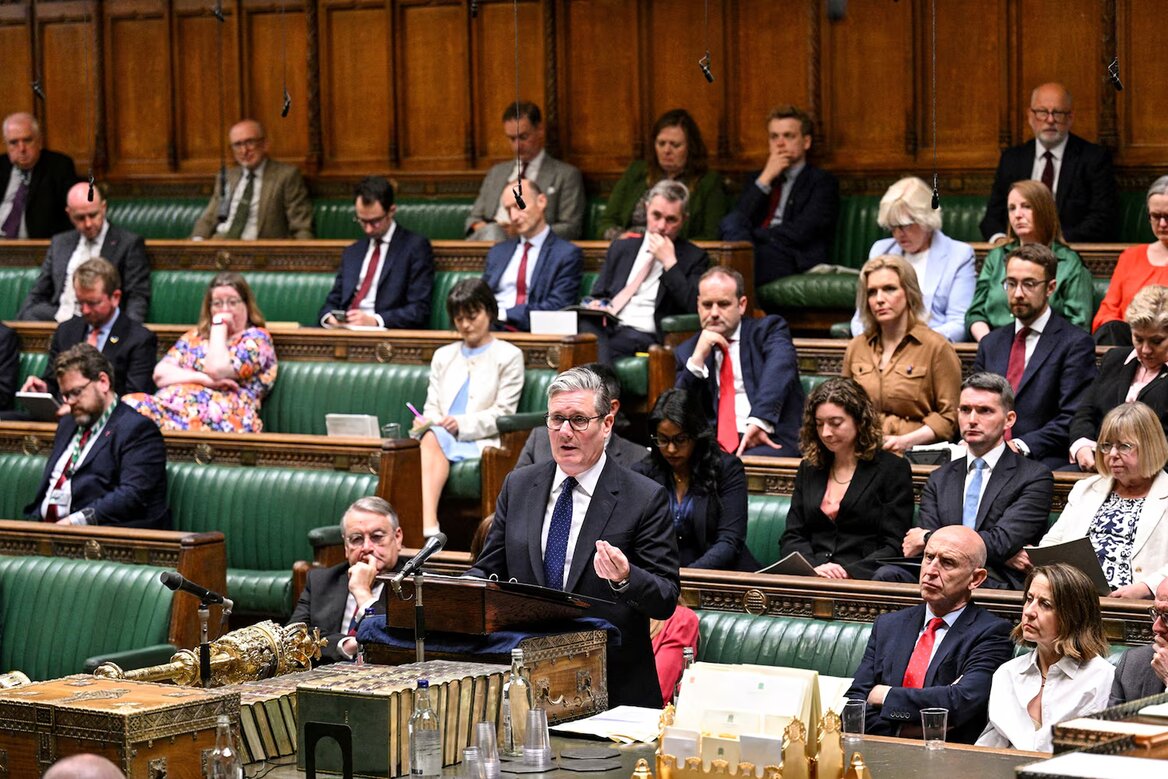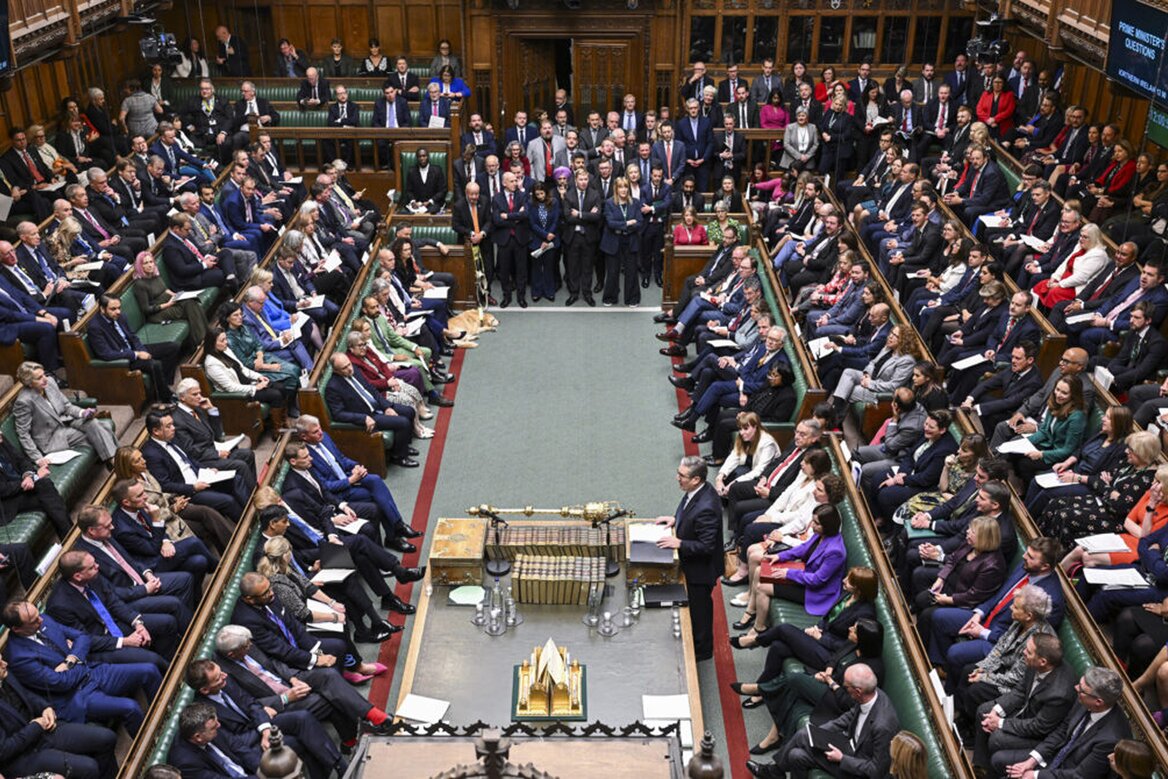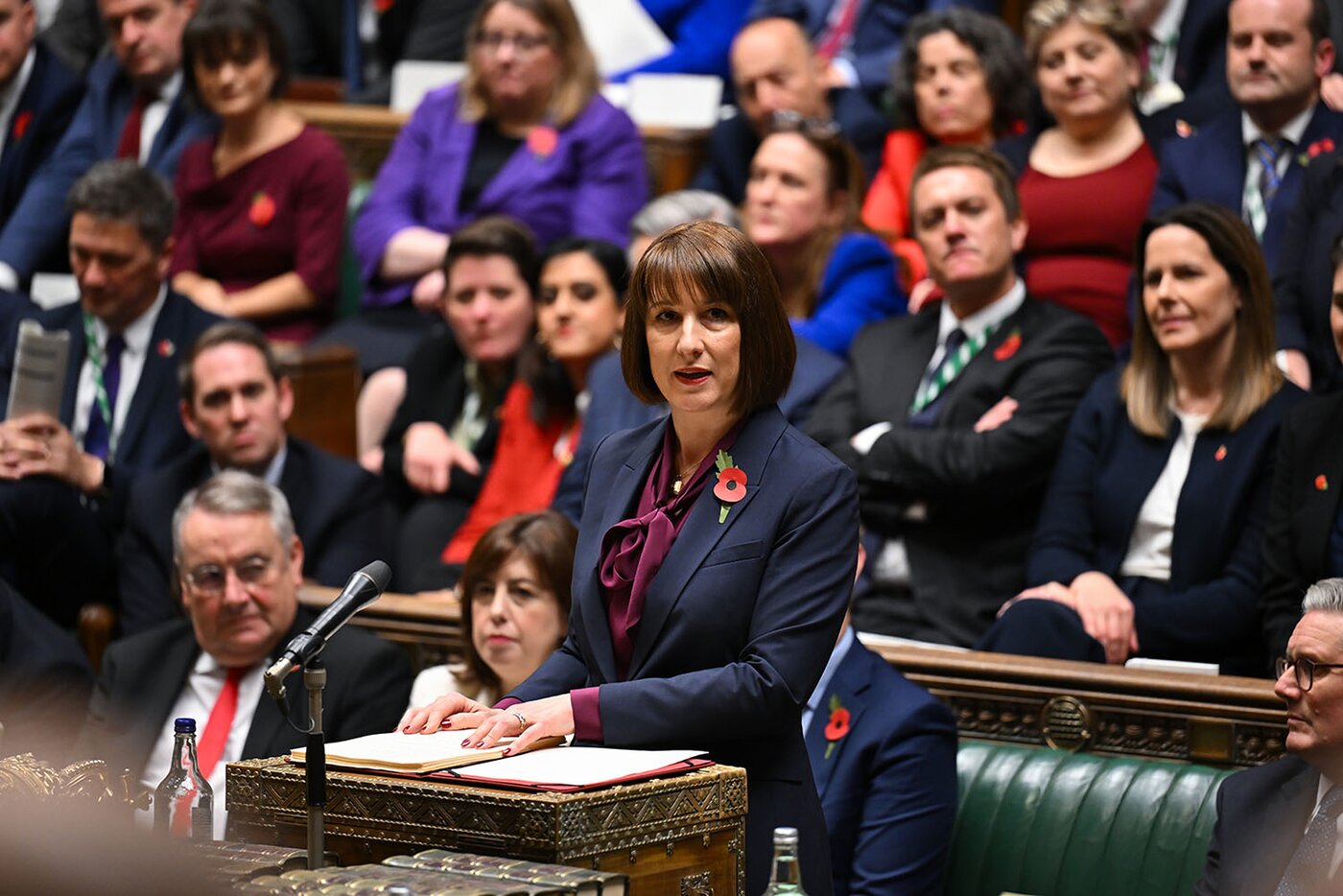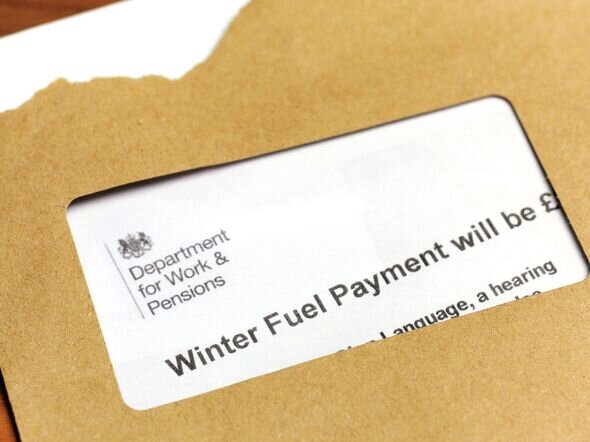A senior Cabinet minister has warned that Labour’s recent retreat on welfare reforms will have significant financial consequences, and did not rule out the possibility of tax rises in autumn’s Budget. This statement comes amid rising pressure from both economists and opposition parties as the government copes with a swelling fiscal shortfall.
U-turn on Welfare Cuts Reveals £4.8–£5bn Funding Gap
Earlier this week, ministers announced a reversal on planned Personal Independence Payment (PIP) reforms, effectively wiping out projected savings of £4.8–5 billion by 2029, 30. The move, motivated by a rebellion from nearly 50 Labour MPs and strong pressure from disability campaigners, marks a sharp pivot in policy, one that leaves Chancellor Rachel Reeves under pressure to find new budget room.
Officials also reversed reductions on the Universal Credit health top-up and winter fuel payments for pensioners, decisions expected to carry significant additional cost, though combined figures remain officially unconfirmed.
Minister Warns of “Financial Consequences”
Asked on Times Radio whether tax increases are off the table, the Chancellor of the Duchy of Lancaster, Pat McFadden, said: “I’m not going to speculate on the Budget... There will be financial consequences.”
He reaffirmed that the government will honour its manifesto promise not to increase income tax, national insurance, or VAT for working people, but maintained that all options remain under review.
Economists Flag Potential for Tax Rises
Both the Institute for Fiscal Studies (IFS) and the Resolution Foundation noted that the welfare rollback may eliminate all projected savings by 2029–30. Meanwhile, analysis suggests that the government's fiscal framework could face an additional £4.25–5 billion strain from this U-turn and previous reversals, a number echoed by several economic think tanks.

Tax Options Under Consideration
With the government committed to maintaining fiscal targets, analysts warn that a future budget may rely on measures like freezing income tax thresholds, extending existing allowance freezes, or even selective wealth levies. Politicians, including PM Starmer, have declined to rule out these options, even as they stress protection for working people.
Political Fallout and Mixed Reactions
Labour backbenchers celebrated the partial reversal as a victory for moral clarity, but the message from Treasury insiders is sober: hard choices lie ahead.
Deputy PM Angela Rayner admitted publicly: “The challenge we’ve got is the projections for the welfare bill are going up rapidly. That does have a cost.” At the same time, economic markets reacted nervously: action triggered by concern over unclear policy direction and increased public borrowing risk.
Looking Ahead: The Autumn Budget
Finance ministers have indicated that the details of how these decisions will be funded will arrive in the Autumn Budget, informed by the Office for Budget Responsibility’s next fiscal update. Key questions remain: Will tax thresholds be frozen? Will wealth levies move forward? Or will departmental cuts be inevitable?

Conclusion
Minister McFadden’s statement underscores how Labour’s welfare climbdown has evolved from a moral concession into a serious fiscal challenge. With pivotal manifesto promises on working people’s taxes, and no room for borrowing, Chancellor Reeves must now pursue alternative revenue routes or spending cuts to bridge the gap.
Market reactions and fiscal watchdog forecasts signal increasing scrutiny as autumn’s Budget approaches. With policymakers ruling out headline tax rises but not thresholds or wealth levies, the real question is whether voters will tolerate subtle policy shifts that affect take-home pay. What was once a values-based decision is now at the heart of national economic strategy, making the upcoming Budget one of the most pivotal yet for the new government.











